
Philadelphia Stories: Publishing Local Writers & Artists



Naomi Mengel is in eleventh grade at Tall Oaks Classical School. In addition to writing, she enjoys reading, running, photography, and playing volleyball. She lives in Newark, DE, with her parents, younger sister, and golden retriever.
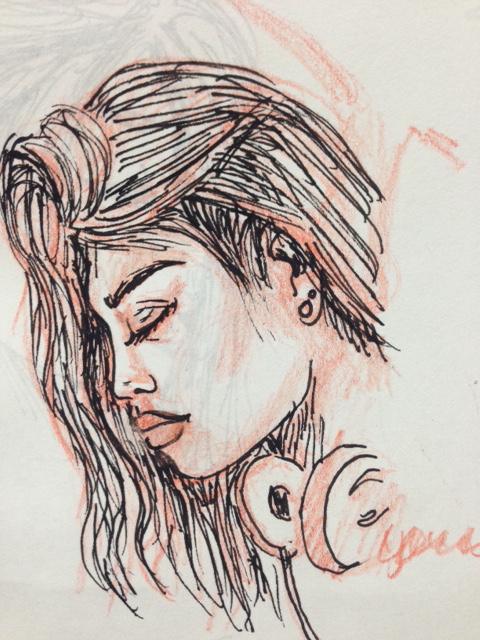
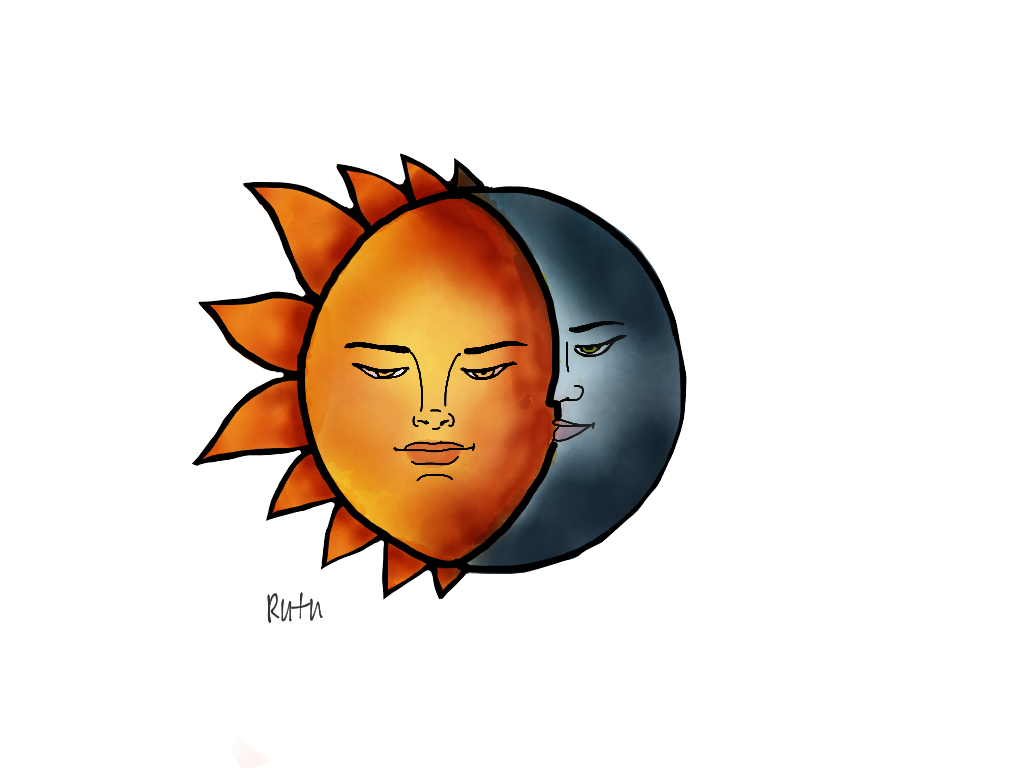
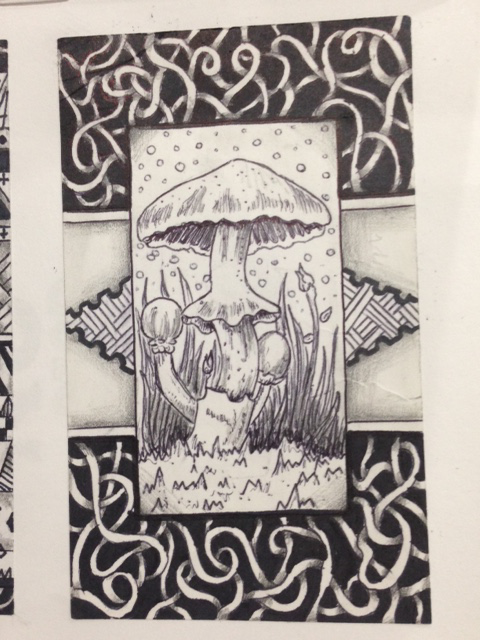
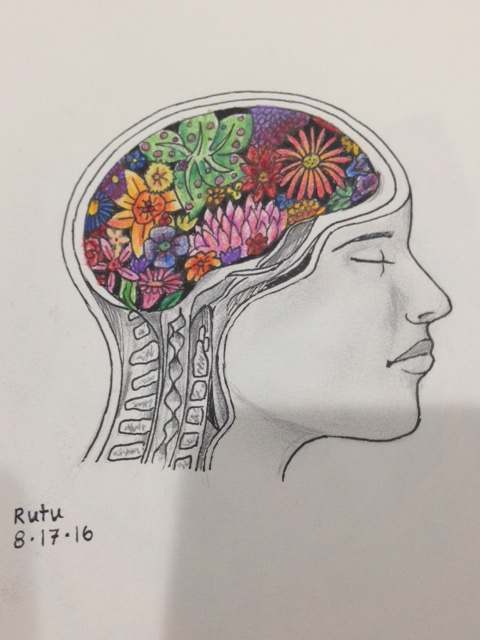
Rutu Patel is a 17-year-old senior at Eastern High School. She hopes to graduate with honors. Rutu is very active with numerous extracurricular activities, but her favorite is art. she has always had a passion for art, and in her middle school, won the title of “best artist”. Her work has been published in the Voorhees Township calendar, and has appeared as the cover of her school’s yearbook. She won the cover of Teen magazine in 2015, and currently teaches art to elementary shool-aged students. She also enjoys music, dance, and spending time with her family.
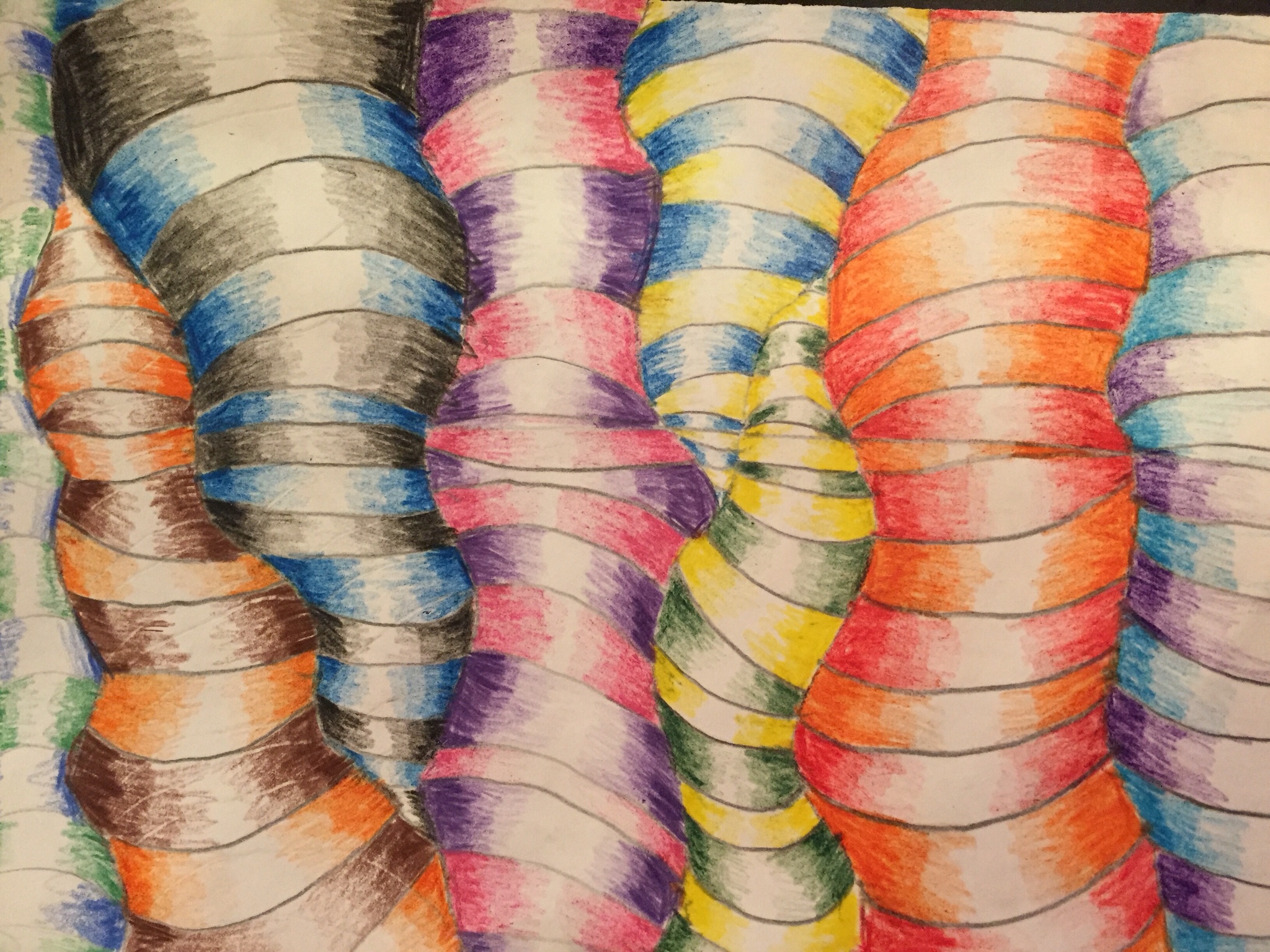
Caroline is a 10-year-old student at Tatem Elementary School in Collingswood, NJ. When Caroline gets older, she hopes to be a scientist or a veterinarian. Her advice for writers and artists young and old: Mistakes are not always the end. They are the bloom of new ideas.

Maura is a 12-year-old from Havertown who keeps busy when it’s not softball season by reading and taking pictures on multiple cameras from her collection.
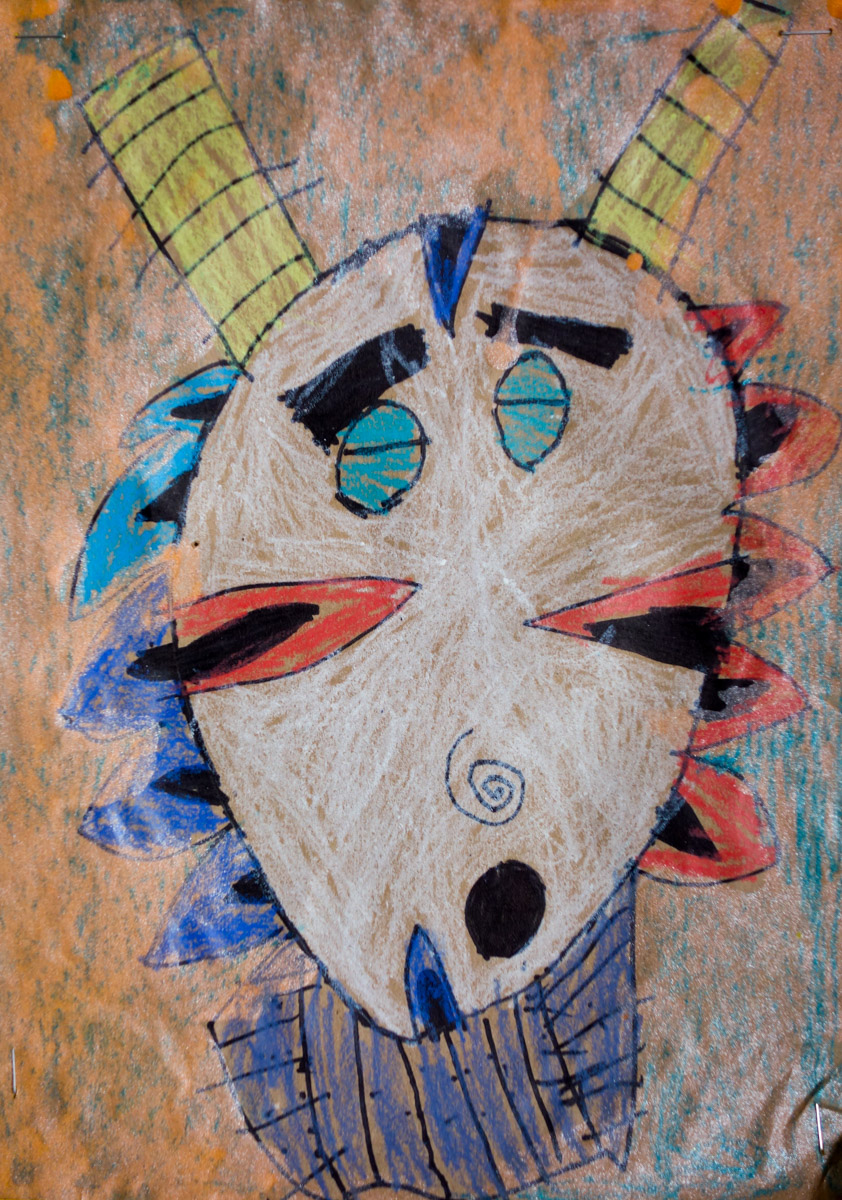
Ryan Storck is 11 years old and is in the fifth grade at Glenview Elementary in Haddon Heights, NJ. He enjoys making art, playing video games, and petting his two cats, Darwin and Evie. When Ryan grows up, he wants to be a writer, a video game developer, and a dad.
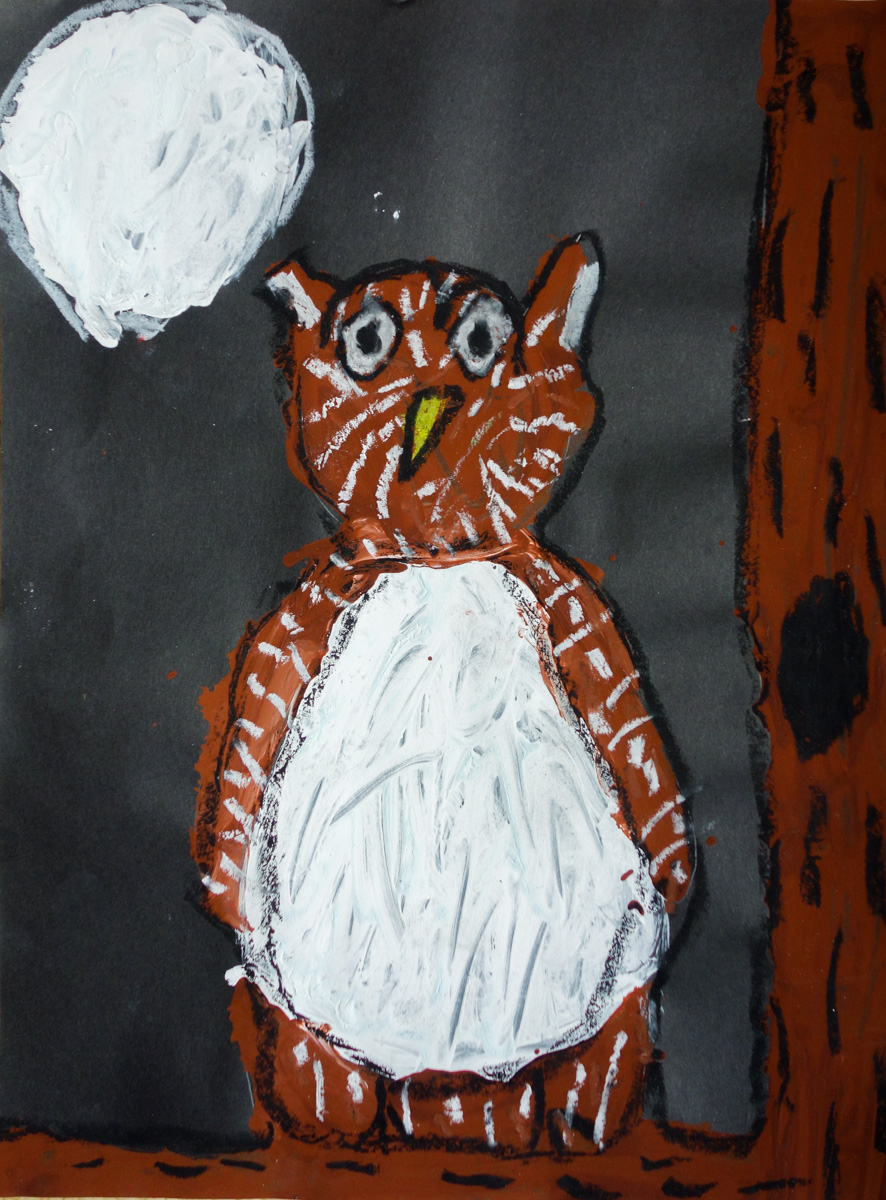
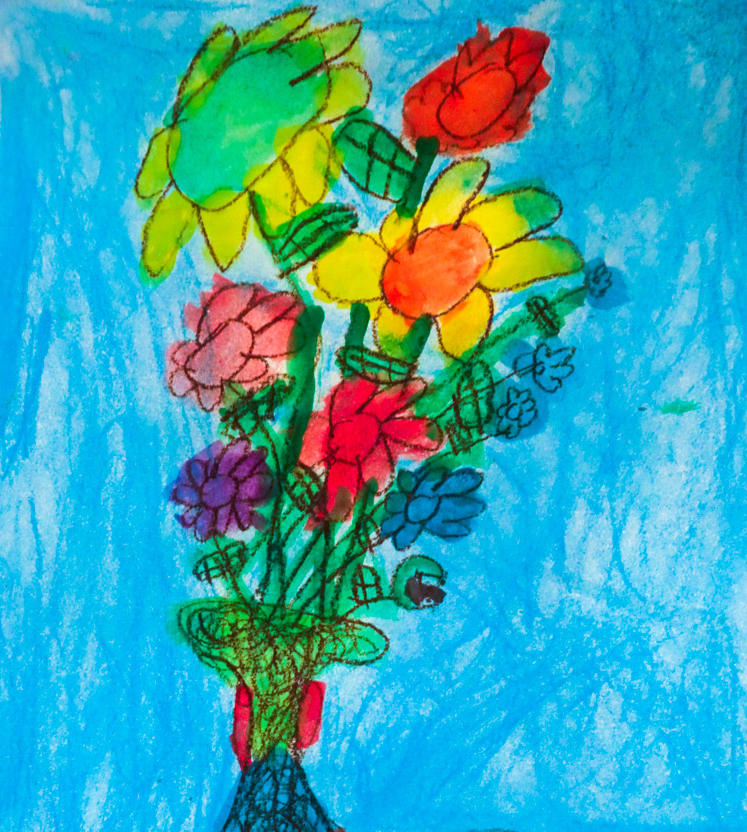
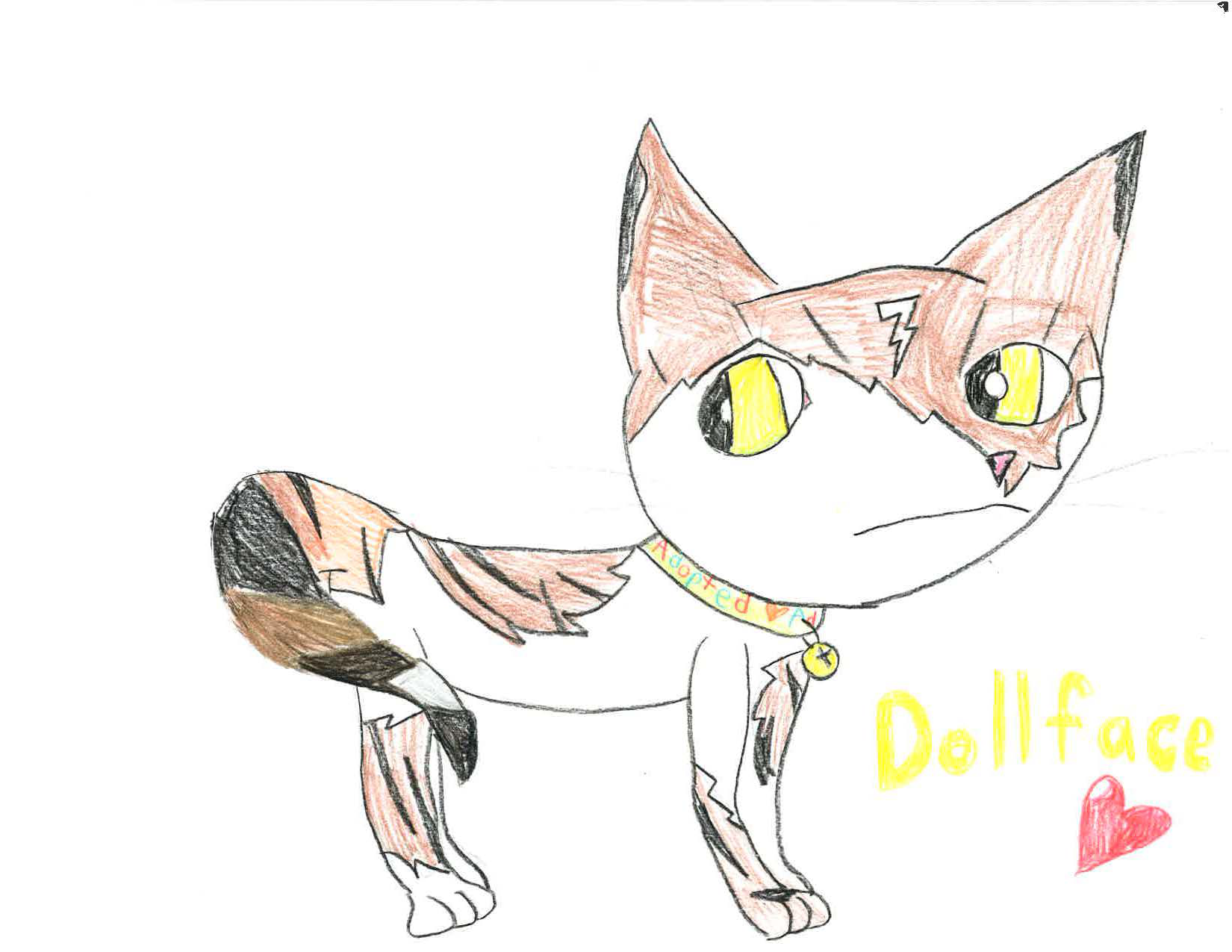
Scarlett Murray is nine years old and in third grade. She enjoys drawing, playing Minecraft, and reading books from her favorite series, the Warriors. She and her family rescued their cat, Dollface, from a shelter. Scarlett drew this picture of Dollface at the Free Library of Philadelphia’s 2017 Comic Con event.